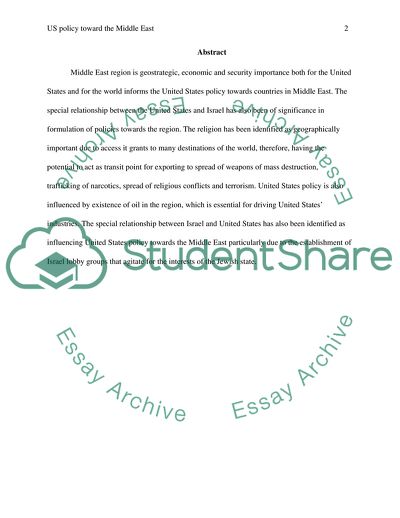Cite this document
(US Policy toward the Middle East Coursework Example | Topics and Well Written Essays - 4000 words, n.d.)
US Policy toward the Middle East Coursework Example | Topics and Well Written Essays - 4000 words. https://studentshare.org/politics/1851265-what-have-been-the-most-significant-characteristics-of-us-policy-toward-the-middle-east
US Policy toward the Middle East Coursework Example | Topics and Well Written Essays - 4000 words. https://studentshare.org/politics/1851265-what-have-been-the-most-significant-characteristics-of-us-policy-toward-the-middle-east
(US Policy Toward the Middle East Coursework Example | Topics and Well Written Essays - 4000 Words)
US Policy Toward the Middle East Coursework Example | Topics and Well Written Essays - 4000 Words. https://studentshare.org/politics/1851265-what-have-been-the-most-significant-characteristics-of-us-policy-toward-the-middle-east.
US Policy Toward the Middle East Coursework Example | Topics and Well Written Essays - 4000 Words. https://studentshare.org/politics/1851265-what-have-been-the-most-significant-characteristics-of-us-policy-toward-the-middle-east.
“US Policy Toward the Middle East Coursework Example | Topics and Well Written Essays - 4000 Words”. https://studentshare.org/politics/1851265-what-have-been-the-most-significant-characteristics-of-us-policy-toward-the-middle-east.


